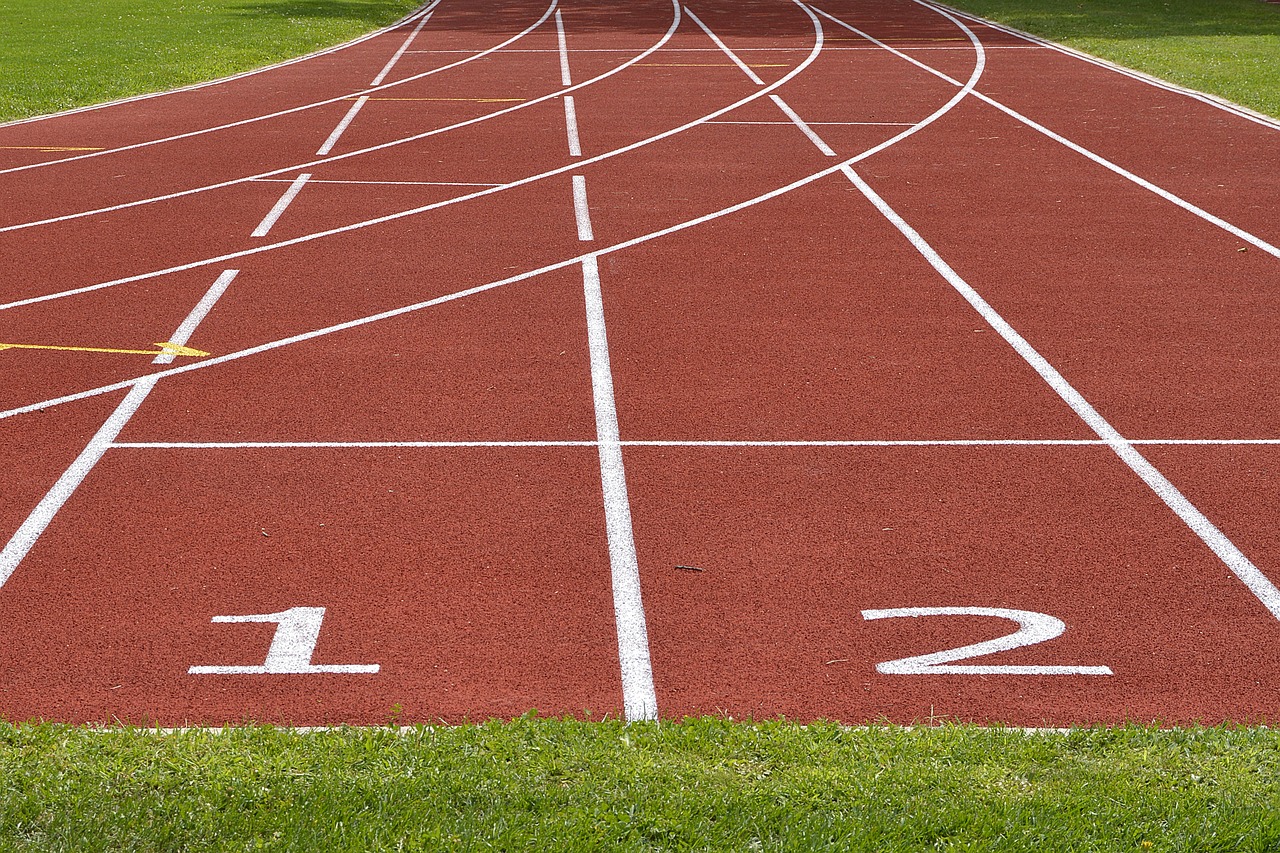How do athletes cope with the challenges of being in the spotlight?

Most of us marvel at the physical prowess and athletic performances, but seldom do we delve into the mental strength and resilience that athletes need to stay focused under the glaring spotlight. As mental and psychological fitness becomes an integral part of sports training, it’s time to shed light on how athletes maintain their sanity amidst their high-profile and high-pressure professional life.
The Importance of Mental Health in Sports
Sports psychology has always been a fascinating subject. It is a unique blend of physical prowess and psychological resilience, a marriage of body and mind aiming to boost athletic performance. But more than contributing to a winning streak, mental health in sports also plays a significant role in helping athletes cope with the challenges of being in the spotlight.
En parallèle : What Are the Best Practices for Concussion Management in Youth Sports?
Being a professional athlete isn’t all about radiant smiles on victory podiums or joyous celebrations on the field. Behind that glitzy veneer lies an intense struggle to balance demanding training schedules, high expectations, and constant public scrutiny. The pressure to always be at the top of their game, combined with a lack of privacy, can lead to a heavy psychological toll.
Developing Resilience: A Crucial Skill for Athletes
The word resilience has become a buzzword in the world of sports psychology. It is the ability to bounce back from setbacks, adapt well to change, and keep going in the face of adversity. Resilience in athletes is not just about mental toughness, but also about emotional intelligence and social skills. It is the capacity to handle the pressure of being constantly watched, judged, and expected to perform at a high level.
En parallèle : How Can Smart Fabrics and Wearables Enhance Training Feedback for Athletes?
Developing resilience involves strategies like positive self-talk, visualization, mindfulness, and stress management. It’s about adopting a growth mindset, believing that skills and abilities can be developed through dedication and hard work. Professionals in sports psychology also encourage athletes to build a strong support network, helping them feel understood and less alone in their struggles.
The Role of Social Support in Athletes’ Well-being
Social support is a significant source of resilience for athletes. It provides a buffer against the negative effects of stress and helps in maintaining psychological well-being. A strong network of family, friends, coaches, and teammates can help athletes cope with the demands and pressures of their professional life.
Social support is not just about having people around. It’s about having people who understand what an athlete is going through, who can provide advice, encouragement, and a safe space to express feelings and concerns. This support network can also help athletes deal with the public scrutiny that comes with being in the spotlight. Social media platforms, for instance, can be a double-edged sword, providing both positive feedback and harsh criticism. It’s crucial, therefore, to have a support system that can help athletes navigate these spaces and focus on their mental well-being.
Coping with Injury: The Psychological Aspect
For athletes, injuries are not just physical setbacks, but also mental and emotional hurdles. An injury can mean a temporary or permanent break from their passion, leading to feelings of frustration, anxiety, and depression. The psychological impact of an injury can be as devastating as the physical one, if not more.
Athletes deal with injuries in different ways. Some may use the recovery time to focus on other aspects of their life or develop new skills. Some may rely on their support networks, lean on their mental resilience, and use the setback as a learning experience and motivation to come back stronger. The role of sports psychology becomes paramount here, providing athletes with coping strategies to deal with injury-related stress and anxiety.
Being an athlete isn’t just about being physically fit. It’s also about being mentally robust. It’s about balancing the demands of a grueling training schedule with the pressures of being in the public eye. It’s about developing resilience, leveraging social support, and coping with injuries. It’s about handling the spotlight with grace, humility, and a smile that masks the immense mental strength underneath.
Adopting Professional Support: Sports Psychologists in Athletes’ Lives
It is without question that the narrative surrounding mental health in sports is changing, and a significant part of this change is due to the increased presence of sports psychologists within the professional and elite athletes’ sphere. Sports psychologists have a principal role in helping athletes navigate the mental challenges associated with their profession, whether these are stress, anxiety, depression or performance issues.
Professional sports is a demanding and high-pressure industry. Athletes are expected to perform consistently at their peak, regularly train for long hours, face intense competition, and handle the constant public scrutiny, especially in the age of social media. This can lead to a plethora of mental health issues if not managed properly.
Sports psychologists work with athletes to develop mental toughness, a trait that enables them to maintain their performance levels under pressure. By teaching techniques such as mindfulness, meditation, and cognitive behavioral therapy, these professionals provide athletes with the tools to cope with the mental demands of their profession. They can help athletes navigate these turbulent waters, build mental resilience, and foster a healthy and positive mindset.
The role of sports psychologists extends beyond catering to the mental well-being of athletes. They also assist with injury rehabilitation, career transitions, and conflict management within teams. They provide a safe and confidential space for athletes to discuss their fears, frustrations, and aspirations, making them an indispensable part of an athlete’s support system.
Conclusion: The Spotlight is not solely a Challenge but also a Triumph
Being in the spotlight is certainly challenging for athletes. However, with the right mindset, support networks, and professional help, athletes can not only survive but also thrive under the intense scrutiny that comes with their profession.
The mental strength conditioning required to deal with the pressures of being in the spotlight is immense, but it’s an aspect of professional sports that’s gaining the attention it deserves. As the sports industry continues to evolve, the importance of mental health and well-being is becoming increasingly recognized, ensuring that athletes are equipped to handle their unique challenges.
This heightened awareness is paving the way for a more holistic approach to athlete development, one that emphasizes the importance of mental health just as much as physical prowess. Sports psychologists, coaches, family members, and friends all have a role to play in supporting athletes’ well-being.
At the end of the day, beneath the floodlights and in front of the cheering crowds, the radiant smiles on victory podiums are not just a testament to the athletes’ physical skills but also a tribute to their mental resilience. Being in the spotlight, therefore, is not just about the challenges athletes face, but also about the triumphs they celebrate, and the mental strength that propels them forward.
